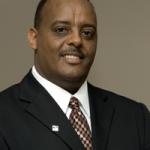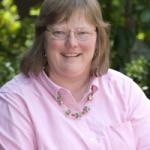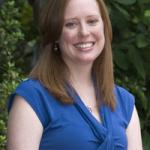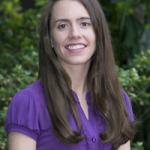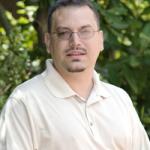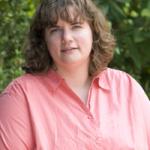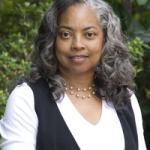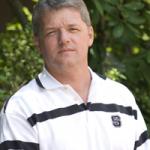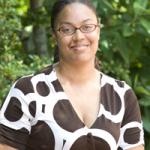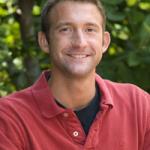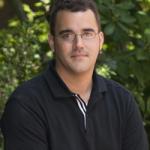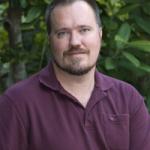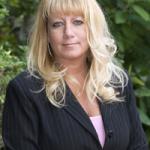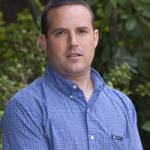Ben L. Smith High School
Guilford County Schools
Mentor: Dr. Solomon Bililign, NC A&T State University
Sponsor: NSF/NOAA‐ISET
Worldwide Geophysics in Today’s Classroom
During the summer of 2009, Aebyo Abraha traveled to the eastern Bushveld complex mining area in South Africa with his Mentor Dr. Solomon Bililign to participate in a seismic refraction survey, conducted to determine the depth to bedrock. The refraction method has been used in mineral investigations to map low velocity consisting of deposits, such as those that may contain gold, tin, sand or gravel. This geophysical research and experience conducted in the real world will be used in Physics, Physical Science, and Earth/Environmental Science classrooms to help students to develop general scientific inquiry and, more specifically, to understand seismic waves, the Earth’s layers, and geophysical interpretation. Students will work collaboratively and one-on-one with university students at NC A&T State University to create testable geophysical hypotheses, to use appropriate measurement tools, and to analyze/interpret data in order to better understand difficult concepts and skills by connecting them with everyday real-life uses. Such an interactive and engaged approach will increase students’ performance and interest in science in the classroom, as well as a desire to pursue careers in science.
